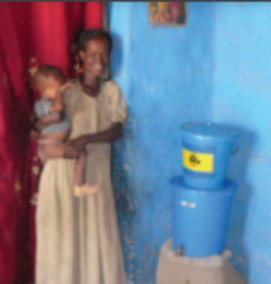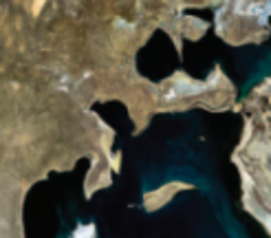Water and Sanitation in Developing Countries: Geochemical Aspects of Quality and Treatment
Safe drinking water and basic sanitation are key elements of the Millennium Development Goals, a United Nations initiative. The microbial quality of drinking water is inherently linked to sanitation practices because fecal pathogens are the most common source of drinking water contamination in developing countries. Filtration of water through soil and aquifer sediments can provide natural protection against pathogens, and this makes groundwater an attractive option for safe drinking water supply. Groundwater quality may, however, be compromised by the leaching of natural chemical constituents from geologic materials. Conversely, geochemical processes provide the basis both for the removal of such contaminants and for the recovery of nutrients from wastewater through physicochemical treatment.



